Carry out all checks and work from the bottom of the car mounted on a lift or inspection ditch (with the front wheels hung out).
During each maintenance and repair, it is imperative to check the condition of the protective covers of the ball bearings of the suspension, the covers must not be mechanically damaged.
Find out if there are any cracks on the suspension parts or traces of rubbing against road obstacles or the body, deformation of the levers, the stabilizer bar and its struts, the body front parts in the places where the suspension units and suspension parts are attached.
Check the condition of the rubber-metal hinges, rubber pads, ball joints of the suspension, as well as the condition (settlement) of the upper supports of the telescopic suspension struts.
Rubber-metal hinges and rubber pads must be replaced in case of ruptures and one-sided buckling of rubber, as well as when cutting their end surfaces.
The location of the front suspension elements on the Opel Astra car is shown in fig. 1.
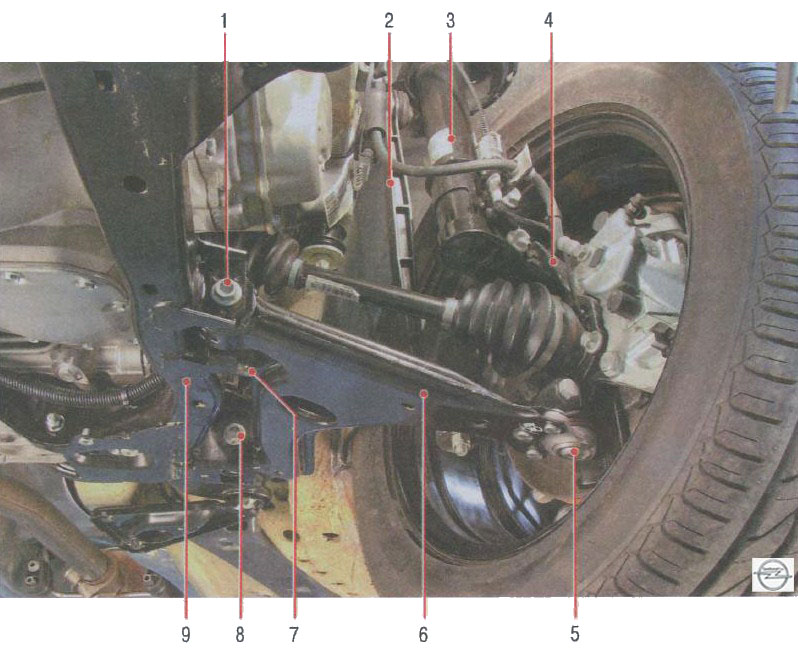
Rice. 1. Location of the elements of the front suspension on the car: 1 - front hinge (silent block) of the front suspension arm; 2 - anti-roll bar; 3 - shock absorber strut; 4 - rotary fist; 5 - ball bearing; 6 - front suspension arm; 7 - bar of the anti-roll bar; 8 - rear hinge (silent block) of the front suspension arm; 9 - front subframe.
On rubber suspension parts are not allowed:
On rubber-metal hinges are not allowed:
Replace defective parts.
Warning
Pay special attention to mechanical damage (deformations, cracks, etc.) of suspension elements, especially levers.
1. Check up a condition of protective covers of spherical support. If the boots are damaged, replace the ball joint assemblies.
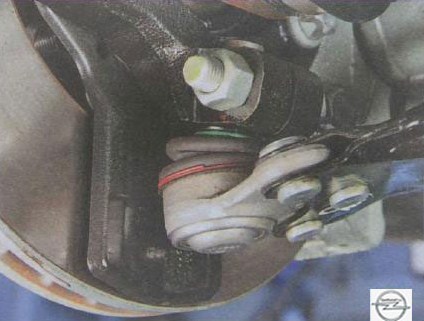
2. Check the ball joints for play. If there are backlashes of the ball pins, replace the bearings.
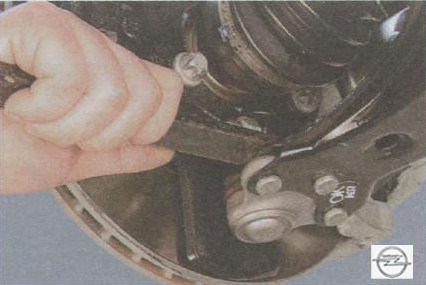
Useful advice
You can also check the ball joints for play by swinging the suspended front wheel in a vertical plane. However, with such a check, it is sometimes difficult to distinguish between play in the hub bearings and in the ball joints. Ask an assistant to press the brake pedal: if in this case you feel play, then the ball bearings are faulty.
3. Check for lack of play in the front ...
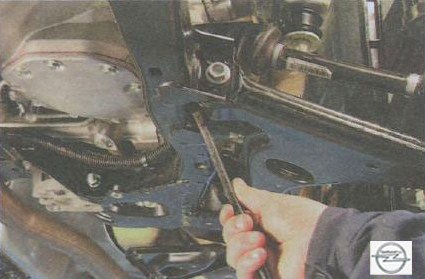
4. ... and rear silent blocks in the places where the levers are attached to the subframe.
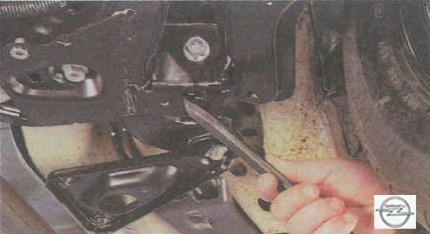
5. Check up a condition of racks and rubber pillows of the anti-roll bar, rocking a bar of the stabilizer up and down.
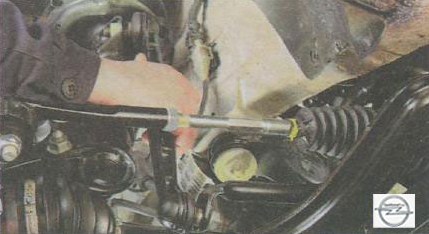
6. Check up the shock-absorber on tightness. Fluid leaks are not allowed.
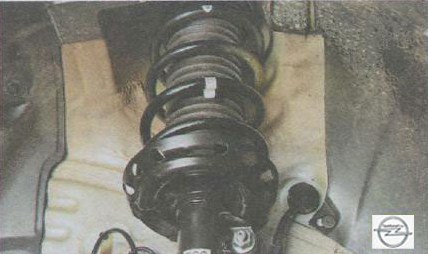
7. Replace defective or damaged parts.
- Source http://www.automnl.com/model/opel_astra_h2/168/
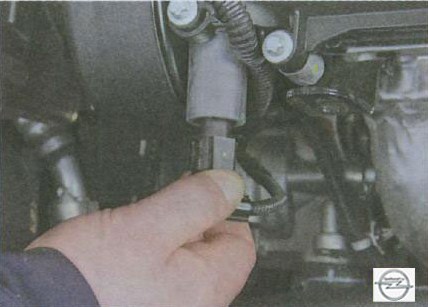
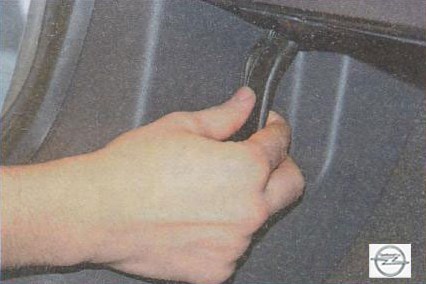
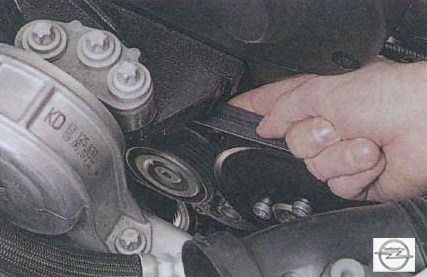
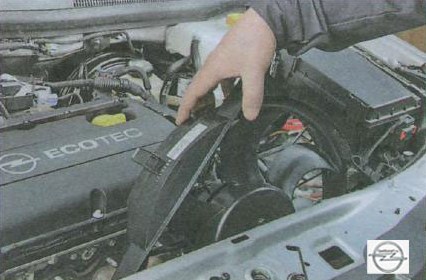
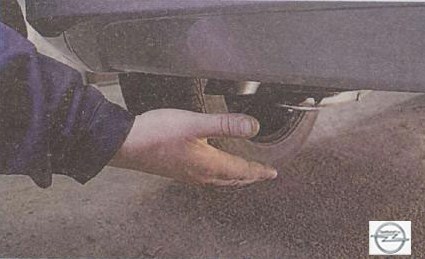
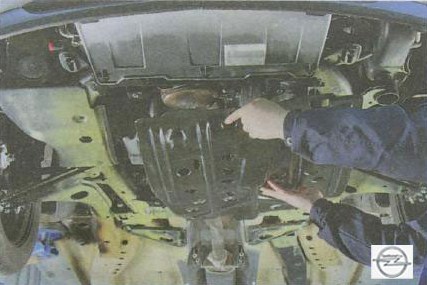
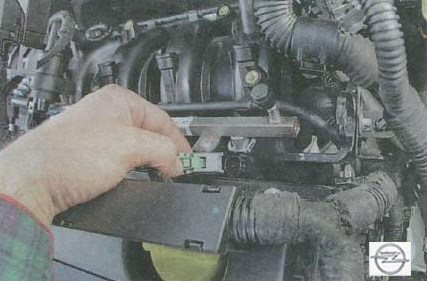
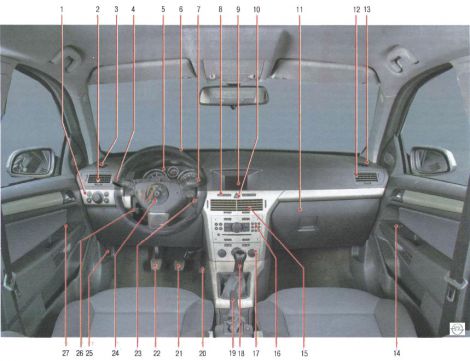
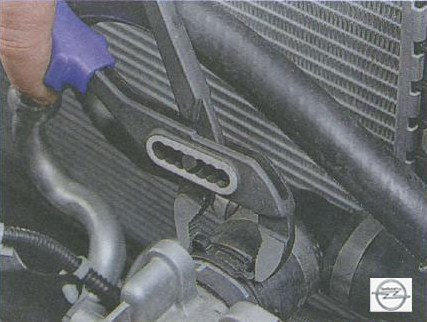
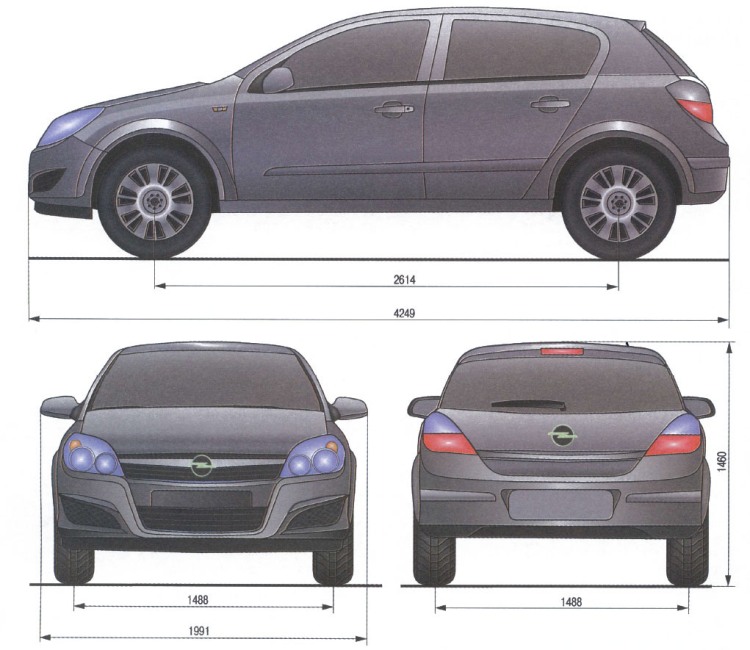
![G [1998 - 2009]](/uploads/Opel_Astra_II_G_1998_-_2009_.jpg)
![H [2004 - 2011]](/uploads/remont-opel-astra-family.jpg)
